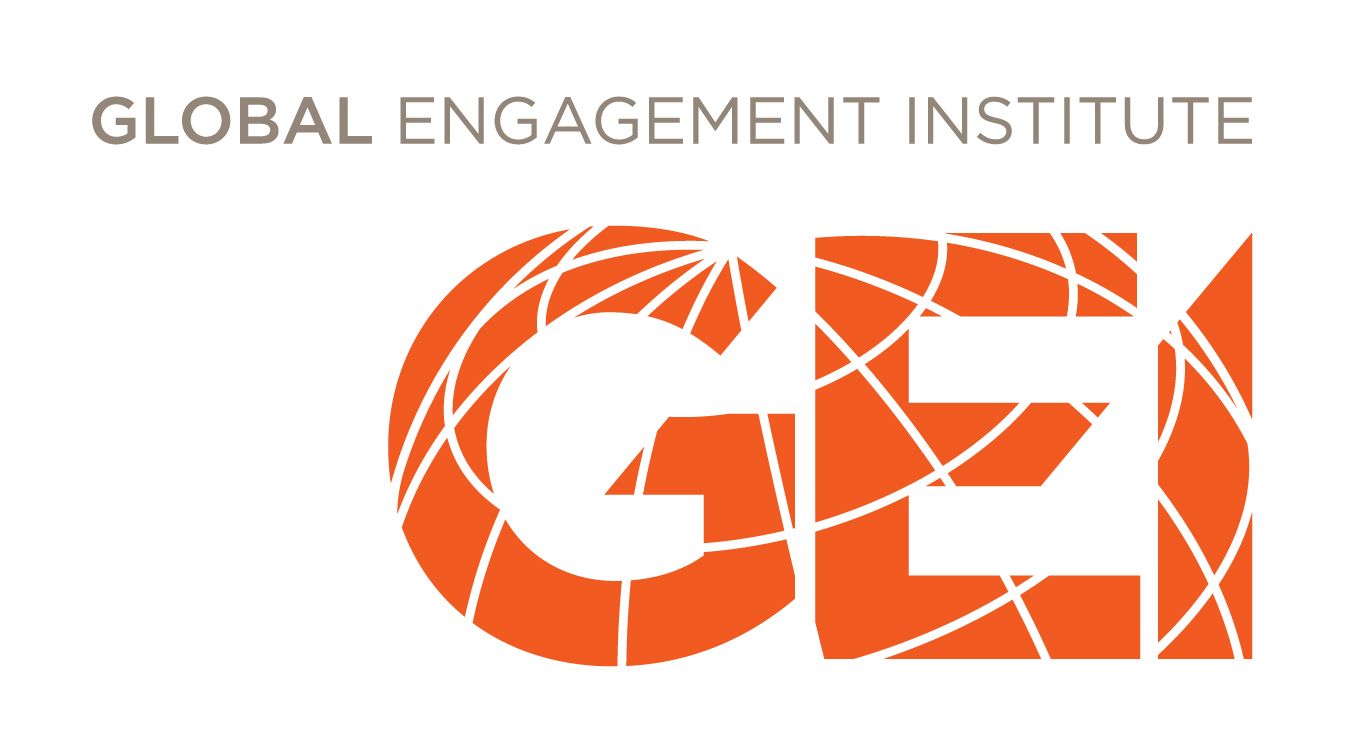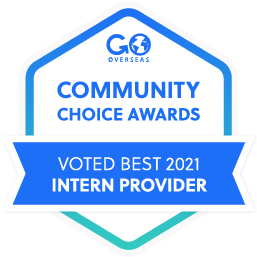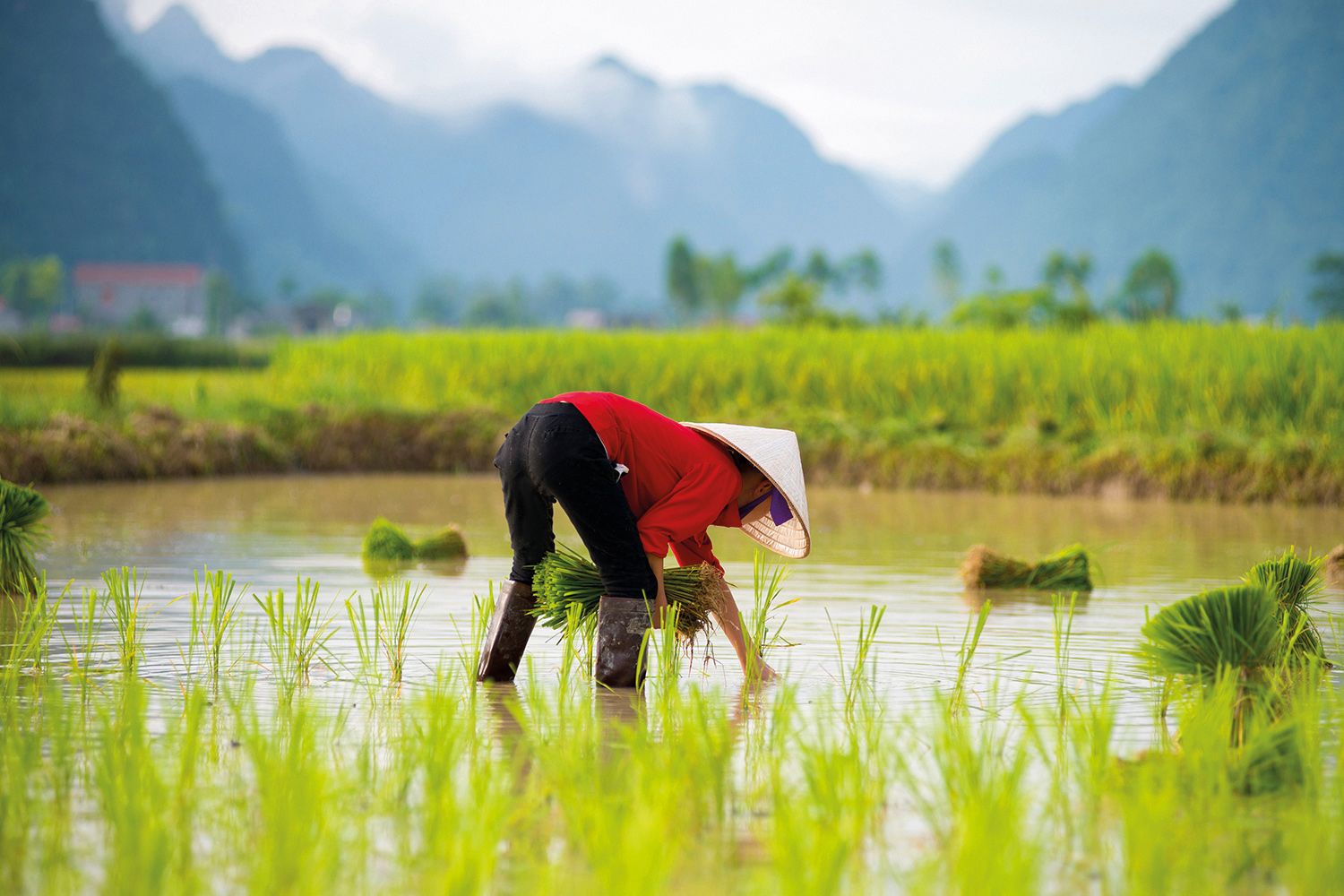GLOBAL HEALTH (RWANDA)
GEI MICROCERTIFICATE IN GLOBAL ENGAGEMENT
An 8-credit microcertificate program to develop skills, knowledge, and understanding that prepare you for leadership and engagement in our global society.
AT A GLANCE
-
Microcertificate in Global Engagement Program
-
Disciplinary Track: Global Health
-
Study Abroad Destination: Rwanda
-
2026 Dates: June 1-July 24 (8 weeks)
-
Credit: 8 U.S. credit hours (~ 16 ECTS credits) for eligible university students
-
Eligibility: Any field and level of study
PROGRAM OVERVIEW
Write your awesome label here.
Write your awesome label here.
Write your awesome label here.
Write your awesome label here.
Write your awesome label here.
Write your awesome label here.
ACADEMICS
This 3-week course takes students into various field settings across their host country in Africa or Asia, where the theories and principles from pre-course eLearning modules are applied in real-world contexts. This course allows students to engage directly with projects and policies that reflect the innovative strategies discussed in the initial modules. Throughout the course, students cultivate essential competencies to become global change leaders in global health. The course culminates with a community-engaged learning project where students tackle a global health challenge of a local partner host organization.
This 4-week interdisciplinary global practium immerses students in practical global health work through group placements with a host organization in Africa or Asia. It integrates learning from all previous modules and courses, addressing a specific global health challenge within the context of the host country. Students design and implement impactful solutions, tailored to their disciplines, level of study, and existing skills. Each Friday, the students come together for a class colloquium and reflection session, as well as cultural activities.
As capstone project, students create a digital portfolio that serves as a comprehensive record of the students’ achievements and learning throughout the program. Students gather artifacts from their coursework and field experiences to showcase their development and mastery of skills. The portfolio culminates in a reflective essay and a presentation, promoting self-assessment and continuous learning.
There are no specific prerequisites or requirements. Students can be enrolled in any major or minor and can be at any level of university study. While we try to always place students in cohorts with similar levels of study, please understand that this may not always be possible.
Our programs are designed to follow U.S. academic culture and standards. The pace especially for the onsite experiences is generally accelerated and the workload is demanding. The U.S. grading scale of A to F is used. Students will receive a variety of assignments. They include six module-based small group assignments, engaged participation in a community-engaged learning project, a weekly reflective journal/blog/vlog, and a project report (MED302), engaged participation in a global practicum, a weekly reflective journal/blog/vlog, and a project report (MED303), and a digital portfolio culminating in a reflective essay and a presentation.
8 U.S. credit hours (~ 16 ETCS credits) for eligible undergraduate students via our U.S. academic school of record. After successful completion of the program, you will receive a comprehensive GEI transcript as well as the GEI Microcertificate in Global Engagement. Please check with your academic advisor at your home institution to confirm how many credits can be accepted for your degree program.
The language of instruction is English.
UNIQUE EXPERIENCES
Hands-on fieldwork in Rwanda’s health ecosystem
Students engage directly with Rwandan healthcare systems - visiting hospitals, local clinics, health innovators (like Zipline Rwanda), and NGOs working in maternal-child health, nutrition, infectious disease, or mental health - seeing firsthand how policies become practice.
Community-engaged capstone project
Collaborative, team-based work with community partners allows students to design and implement a tangible health intervention or policy recommendation, ensuring real impact and deep immersion.
Write your awesome label here.
Write your awesome label here.
HOUSING & MEALS
The program includes 8 weeks in Rwanda. For this time, GEI Rwanda offers different housing options that students can choose from, pending availability. These include:
- Homestays: Typically single rooms, with shared bathroom, and access to a kitchen and living room
- Serviced apartments: Single or shared double rooms, with shared bathroom, and access to a kitchen and living room
- University residence halls at our local partner universities: Shared double rooms, with shared bathroom and no kitchen facilities
- Simple guesthouses: Shared double rooms, with shared bathroom and no kitchen facilities
Homestay host families typically provide breakfast and dinner. Students in serviced apartments, university residence halls, or guesthouses are usually responsible for all meals outside of core course meals.
You can find additional information in the following blog post: Accommodation – What to expect.
You can find additional information in the following blog post: Accommodation – What to expect.
DATES, FEES, AND SCHOLARSHIPS
Summer 2026 (8 weeks): June 1-July 24
April 1, 2026
Summer 2026: US $7,950 (8 weeks)
RWANDA
STAFF
All of our staff are highly experienced and resourceful professionals.


